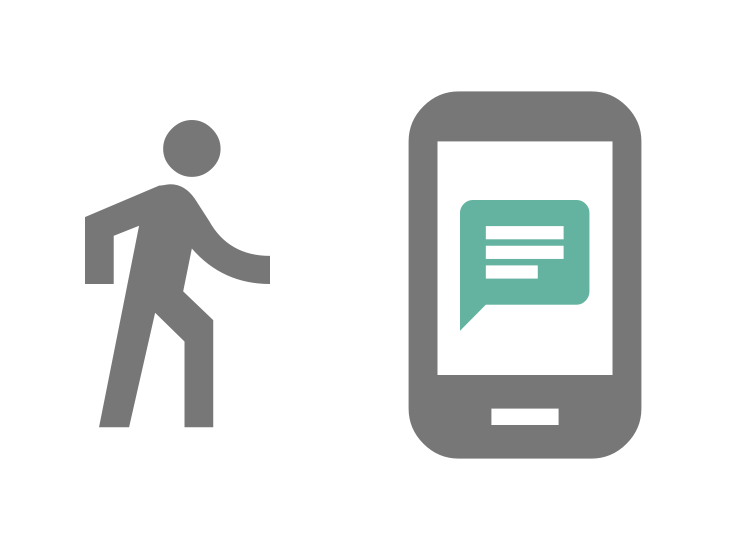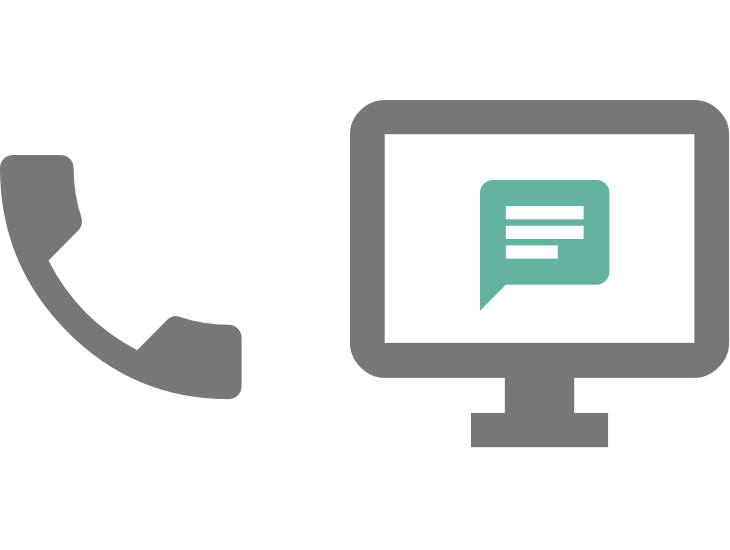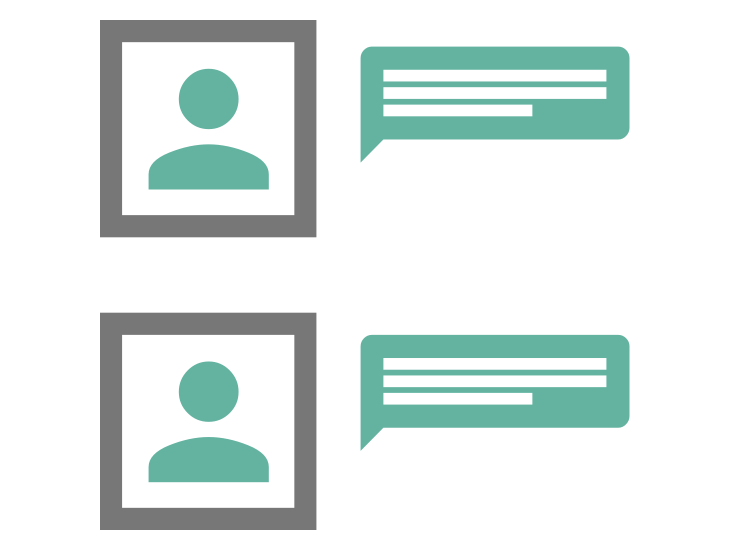GDLive Newsfeed
We check in with people at each stage of the cash transfer process to see how things are going. Take a look at some of their stories as they appear here in real-time.
Learn more about how recipients opt in to share their stories.

access_time
almost 3 years ago
Zeddy
received a $468 second payment.
"I purchased a small water tank worth KES 7000 using my transfer. I decided on this since I had been walking for 1 hour per trip going to fetch water from the stream and I would make at least three trips a day. I will be using it to harvest rainwater for domestic use and get to relax from the struggles of fetching water. Also, I spent KES 9000 to purchase three goats since they increase in number over a short time and they can easily be converted to cash when need be. I bought two beds and mattresses using KES 9000 since we had been sleeping on the traditional beds and I usually felt back pains in the morning when I woke up. I used the remaining amount on food after spending KES 7000 on my son's medication."
View Zeddy's
profile

access_time
almost 3 years ago
Rosaline
received a $468 second payment.
"Getting a lump sum of KES 110000 without doing anything is the best thing that ever happened to us. People now have access to clean water, our children are in school and we live in decent, spacious, and modern houses. Everyone in the village including the children is happy to hear the name GiveDirectly because of their good deeds. I do not see anything that they did not do well."
View Rosaline's
profile

access_time
almost 3 years ago
Daisy
received a $468 second payment.
"I used to operate a business of collecting sand from the water channels and selling them to people until the day I fell, became sick and since then, I have developed some pack pains. Because of this, I had to stop this business and it is now my wish to start another one of buying and selling maize in our locality. By doing so, I will be able to make money each day without engaging in strenuous activity."
View Daisy's
profile

access_time
almost 3 years ago
Pola
received a $468 second payment.
"I spent part of my second transfer on buying six goats at a total of KES 18000. I settled for them because they require little supervision and they reproduce faster. I also cleared school fees of KES 12000 for my son who is in his third year. He has always been on and off because of the arrears. For now, he is at peace which has led to an improvement in his performance. To add to that, we bought a water pump at KES 15000 which will be specifically for our agricultural activities. With the remaining amount of the money, I bought new beddings (a bed and a mattress) at KES 10000 and a sewing machine at 10500 for my daughter."
View Pola's
profile

access_time
almost 3 years ago
Florence
enrolled.
"The area where I live is swampy and when it rains, water fills my house. Receiving this money will enable me to cement the floor and the outside walls of my house and leave them dry whenever it rains. I plan to use KES 30000 of the transfer to buy a dairy cow that will enable me to sell milk to my neighbors and earn money for food and pay my grandchildren's school fees."
View Florence's
profile

access_time
almost 3 years ago
Victoria
received a $11 initial payment.
"I had gone to fetch water early in the morning that day when the message informing me that the money had arrived and I was so overwhelmed I honestly thought I would tears of joy because just imagine I had no money and no food in the house plus my children are still very young and the thought that they would have to go to bed hungry exasperated me and made me so sad but my hands were tied. So seeing that money come in from GiveDirectly was blessing in disguise."
View Victoria's
profile

access_time
almost 3 years ago
David
received a $468 second payment.
"We have been experiencing a shortage of water, especially during drought periods. In most cases, we walk for about 7 Kilometers in search of water. I have, therefore, bought a water tank at a cost of KES 26000 so that I can harvest rainwater. We now have enough water for domestic use and my spouse does not have to spend most of her time fetching water. I also bought 3 goats at a cost of KES 13500 for rearing. I did not have any goats previously. They are good investments since they give birth at least twice a year. The rest of the money I spent on both food and clothing for my children so that they could replace the old worn-out ones they had."
View David's
profile

access_time
almost 3 years ago
Mariam
received a $11 initial payment.
"Being the sole breadwinner of my family after my husband’s death, life has not been a bed roses. I currently work on manual jobs like fetching water for other people for pay, cutting wood to make charcoal and selling firewood. The earnings from these jobs are very little to meet all my needs. My children have frequently been sent home due to school fee arrears. Immediately I received my transfer, I spent half of the transfer amounting to KSH 600 to pay off part of the school debt I owed to the school so that my children would go back to school and continue with their learning with no further delays. In addition, I spent the other half in buying food for my family. Being the sole breadwinner, I sometimes lack money to buy food for my children and at this moment it was not any different as I did not have any money. Buying the food was very important to ensure that my family does not starve."
View Mariam's
profile

access_time
almost 3 years ago
Mary
enrolled.
"Receiving this money means building a house for the family. I have a family of four and we used to sleep in one-bedroom house. In 2022 late December, my house was washed away by water during the short rains season. The roof was blown away by wind and we had to spend one week sleeping under a tree until we got accommodation in my aunt's house. The rains caused pneumonia to my last born child. I will build a three bedroom house for KES 100000. This is spacious enough to accommodate my family and visitors."
View Mary's
profile

access_time
almost 3 years ago
Jumwa
enrolled.
"Because of drought in the area, it's very difficult to get clean water and we are forced to drink standing water which also our domestic animals, rely on when grassing and this puts us at risk of cholera diseases.
It's also difficult to get meals at home, because we don't have any source of income, we rely on charcoal burning but we hardly sell our goods, and if sold they go at throw away prices."
View Jumwa's
profile





